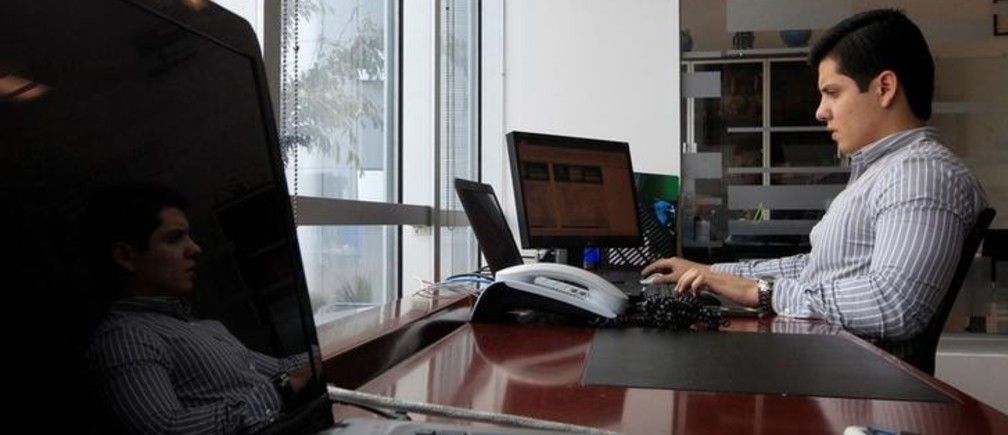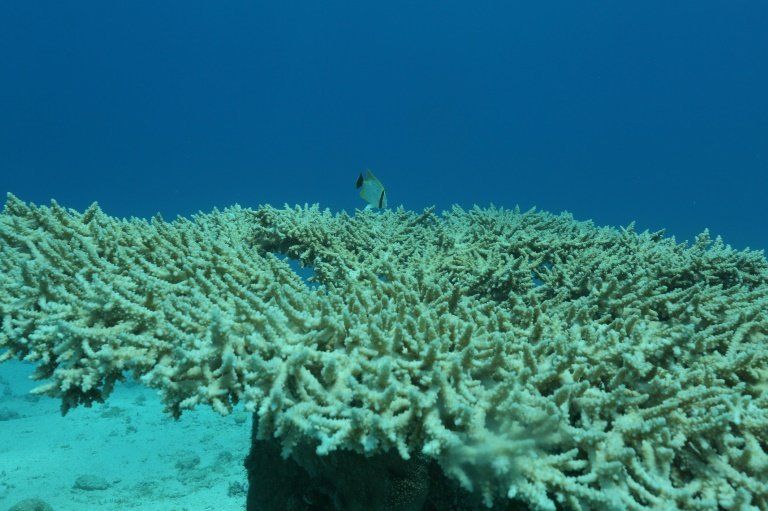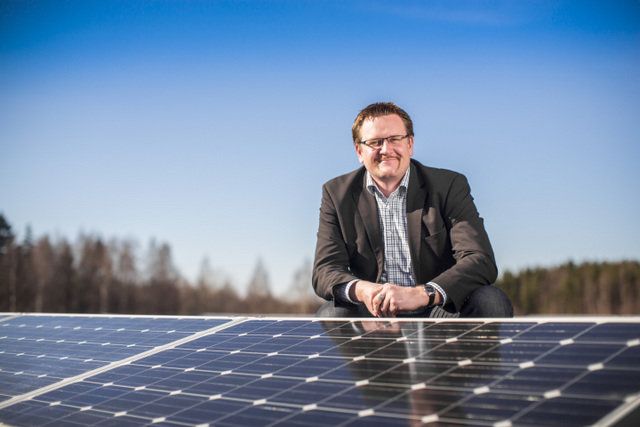May 18, 2018
Flow of cerebrospinal fluid regulates division
Posted by Genevieve Klien in categories: biotech/medical, neuroscience
Stem cells in the brain can divide and mature into neurons participating in various brain functions, including memory. In a paper scientists have discovered that the flow of cerebrospinal fluid is a key signal for neural stem cell renewal.
The ancient Greek aphorism panta rhei means “everything flows”, a phrase used by philosophers to describe the constant flux and interplay between the past and renewal. A recent paper lends this relationship a whole new meaning: a team of researchers headed by Professor Magdalena Götz and their collaborators from the LMU (Professor Benedikt Grothe, Chair of Neurobiology) and the Henrich-Heine University Düsseldorf have discovered that the flow of cerebrospinal fluid is a key signal for neural stem cell renewal.
“Neural stem cells in the brain can divide and mature into neurons and this process plays important roles in various regions of the brain – including olfactory sense and memory,” explains Magdalena Götz, Head of LMU Department of Physiological Genomics and Director of the Institute for Stem Cell Research at Helmholtz Zentrum München. “These cells are located in what is known as the neurogenic stem cell niche one of which is located at the walls of the lateral ventricles, where they are in contact with circulating cerebrospinal fluid.”


















